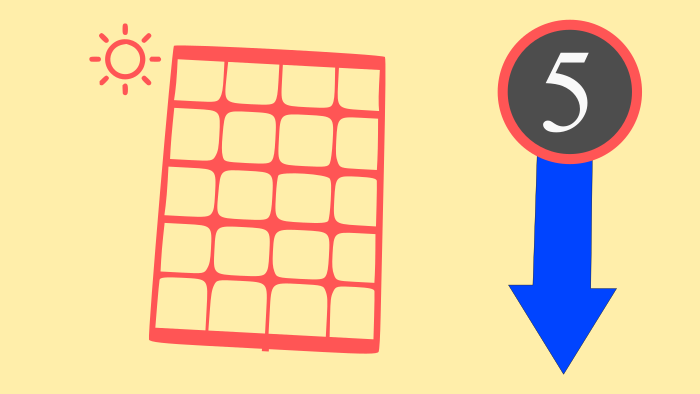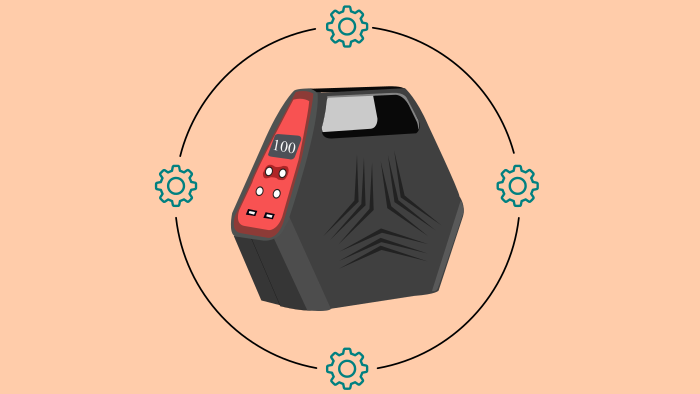Generators provide backup power in case of power outages. In the event that the grid is disrupted, you can still enjoy modern luxury with the help of generators. Generators are also used by offices so that they can continue working uninterrupted.
Generators with inverter technology are compact, quiet, and energy efficient. They are expensive due to the many sophisticated electronics components they contain. Maintaining them is also costly and challenging.
What is Generator?
An electric generator converts mechanical energy into electrical energy. Mechanical energy is created by burning fuel, which may be gasoline, propane, diesel, or natural gas.
A burning fuel spins the generator’s alternator, generating electricity that can be utilized in a variety of ways.
Today, there are many types of generators available on the market. Generators fall into two major categories: conventional generators and inverter generators.
Conventional Generator?

This is a basic generator which has operated on the same principle since its inception. The burnt fuel provides mechanical energy to alternators, which turn inside magnets to produce electricity. There are no complicated circuits or electronics in this generator. These generators are also cheaper and easier to maintain.
What Is An Inverter?

An inverter is a device which converts dc current to ac current and does not produce any power, but uses the power from a dc source such as a solar panel. Inverter generators convert ac to dc and then back to ac. Inverters come in two types: single phase inverters and triple phase inverters.
Inverter Generator

This type of generator combines the functionality of an inverter with a conventional generator. AC current is produced by the conventional portion of the generator, and that AC current is converted into DC and then back to AC with the help of an inverter.
Working Principle
First, the mechanical energy made from burning fuel inside the generator is converted to electrical energy which is in AC, then converted into DC, and then converted back to AC by a built-in inverter inside the generator.
Why Inverter Generators?
The question arises: why should we convert or follow such a long process if we will end up with the same Alternating current?
Conventional generators produce current with high THD, sometimes reaching 25%. Some sensitive equipment, such as laptops, phones, tablets, and cpap machines, can be damaged by that. In addition, high THD can decrease the equipment’s lifespan. To learn more about THD, click here.
The output AC of the inverter is pure sine wave and has very low THD. There are many advantages to inverter generators, such as quiet operation, higher fuel efficiency, pure sine curves, and many more which can be read here.
Final Thoughts
Despite the fact that inverter generators are very expensive and difficult to maintain, they also save you money in the long run due to their fuel efficiency and make your home more quiet.



